An empty pantry at home. Carefully watching the clerk scan each grocery item. Explaining to your kids why it’s too expensive to stock up on their favorite foods – or snack as much as they would like. Feeling like you failed, through no fault of your own.
Hunger isn’t a topic that comes up easily in conversation. But with one in six Central Floridians struggling to provide meals for their families, it’s an everyday reality. When restaurants and theme parks closed in April and May, many families lost work and income. With children home from school, there were more mouths to feed, more often. Bills piled up as parents looked for work – and even now, many can’t be sure when they’ll next be able to afford the basics, let alone a healthy meal.
According to Map the Meal Gap 2020, a national survey of food insecurity conducted by Feeding America, hunger could likely increase by 49% in Central Florida compared to pre-pandemic levels. As is often the case, the worst impact is felt by the most vulnerable members of our community. Approximately 214,460 children – one in three kids – may not have access to nutritious food this year.
To put it another way: If every child experiencing hunger in our community lined up shoulder-to shoulder along I-4, that line wouldn’t just go on for miles. It would reach from Orlando to Daytona Beach and back again.
It’s not a stretch to call this a pandemic of hunger, as food insecurity increases on a nationwide and global scale. Food insecurity is a public health risk: More than three-quarters of COVID-19 deaths are tied to underlying conditions like heart disease, cancer and diabetes – the same so-called “chronic diseases of hunger” that disproportionately impact low-income households. What’s more, families that are financially insecure are more likely to be in jobs with a high risk of infection, but less likely to have access to testing and treatment.
Tourist economies like Florida’s have been among those hit hardest by the pandemic. In the food and lodging sector, 59% of jobs were disrupted; in entertainment and recreation, that proportion rose to nearly two-thirds. Florida’s booming theme parks, restaurants, hotels and resorts created an economic upswing in recent years, but they weren’t ready for the disruption COVID-19 would bring.
But let’s be clear: While the pandemic exacerbated our region’s battle with food insecurity, hunger itself is nothing new. Even in 2019, when unemployment hit record lows, many families were budgeting paycheck-to-paycheck and grappling with a rising cost of living. When COVID-19 is finally over, hundreds of thousands of families will still be unsure where they will find their next meal. The root causes of hunger, such as lack of affordable housing, healthcare, decent wages, adequate transportation, will persist after the pandemic ends.
At Second Harvest, we’re developing programs to combat hunger over the long term. We’re working with Florida’s farmers to reduce waste and deliver fresh produce to neighborhoods that don’t have access to fruits and vegetables. We’re expanding our distribution by delivering meals to seniors with limited transportation and hosting socially distant food drops at least twice a day. We are partnering with the local government, the private sector and other nonprofit organizations to implement systemic change.
There’s no shortage of ways for individuals to lend a hand. Mask up and help pack meals for students. Deliver a hot meal to an older adult living alone. Lead a fundraiser or a virtual food drive with your neighbors, faith group or school. Sponsor a child’s meals with a monthly donation at www.feedhopenow.org. Raise awareness about hunger – and the stigma associated with food assistance – in your family and community.
Hunger won’t end when the pandemic does. That’s why we need to keep the conversation going – and take an active hand in shaping a future where everyone has enough to eat.
Dave Krepcho is president and CEO of Second Harvest Food Bank of Central Florida.
This op-ed was published in The Orlando Sentinel on Sunday, November 22, 2020.


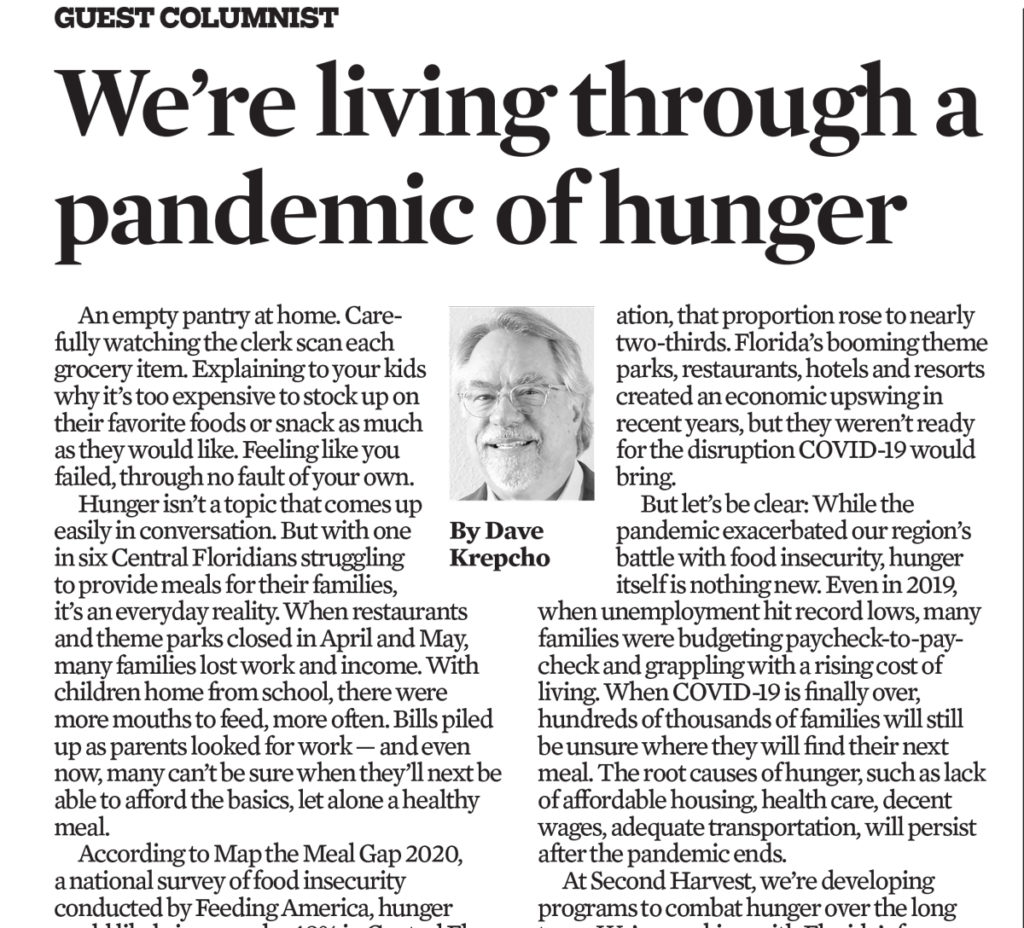
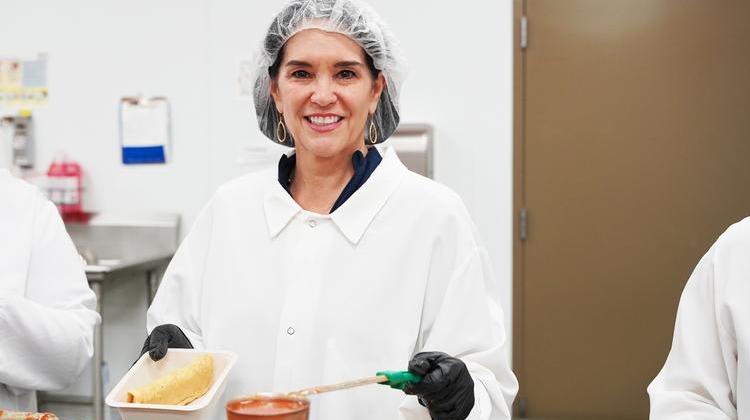
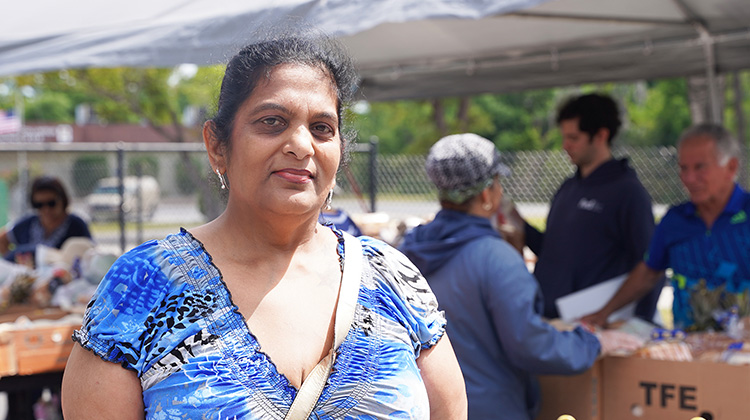
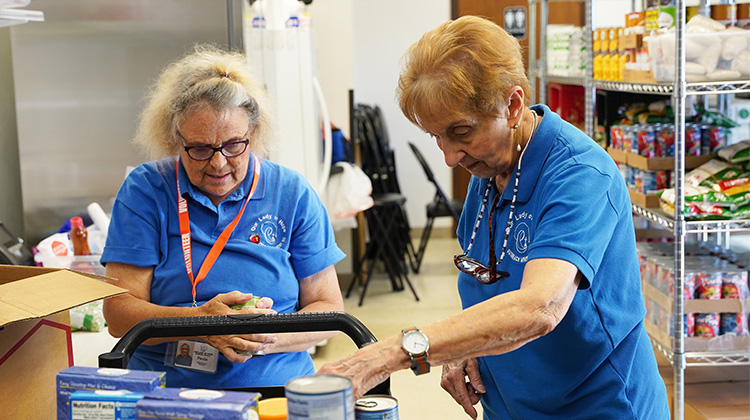


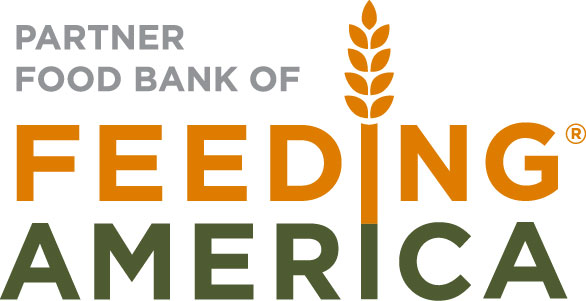
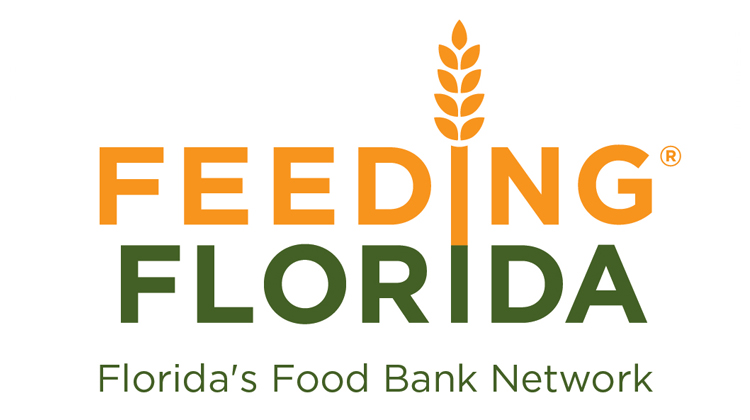
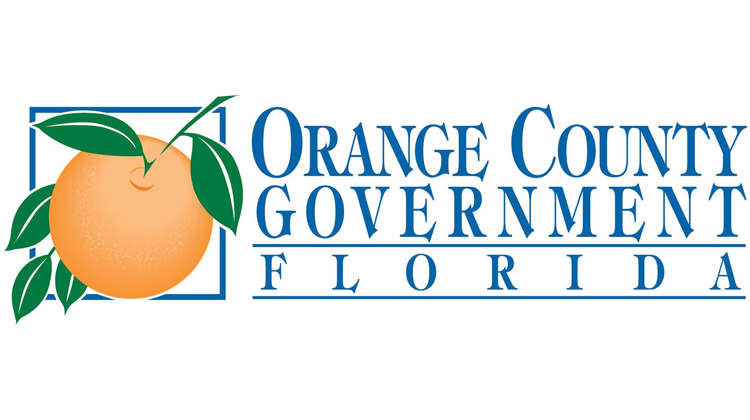
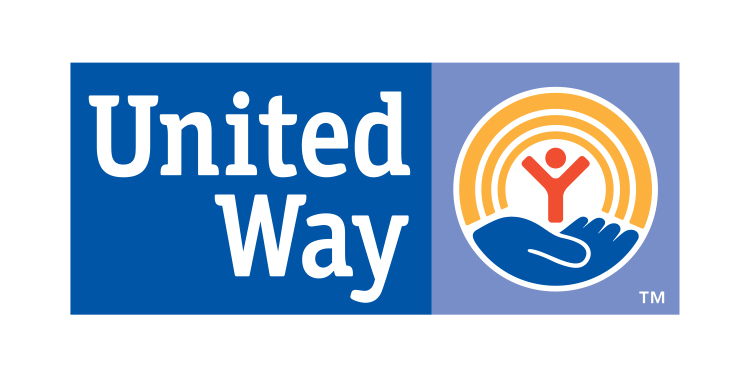

Do you have a plan that includes teaching folks how to have a victory garden? Or to do container gardening on their balconies if they are apartment dwellers? I would be interested in working in a group to help teach folks how to take their potato, plant it and get 10 others!! Sweet potatoes grow easily in the soil here but people need to know how to make that happen, and maybe recieve teaching kits with all the ingredients needed…. and it comes with their food if they are interested?? Just some ideas rumbling around in my head!
Would love to work with folks to help make that happen.